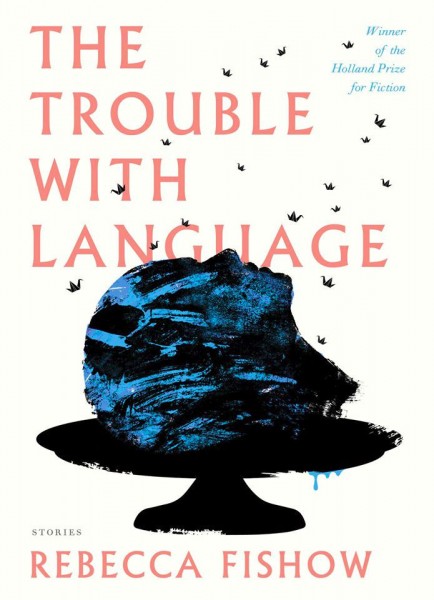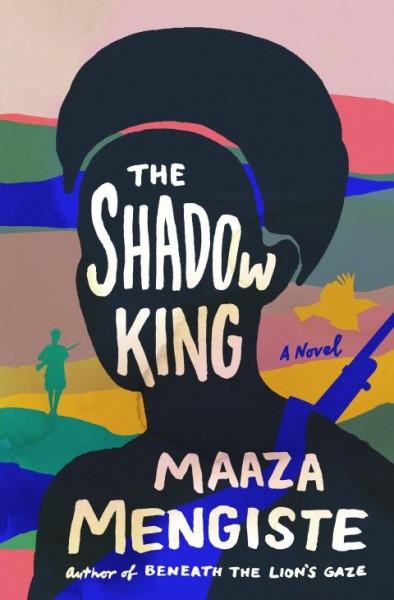New Nonfiction from Poupeh Missaghi
The COVID-19 pandemic has raised not only practical questions with regard to our public health, environment, education, and sociopolitical systems, but also concerns about our ability to cope psychologically. Many experts have been warning about the mental health impacts of the disaster. They have discussed how the pandemic has been a trigger for a lot of old suppressed emotions, causing them to rise to the surface. It has also raised many philosophical questions about what it means to be a human being in this world.
Read alum Poupeh Missaghi’s essay, “A Persian New Year Beginning with COVID-19” in the June 2020 issue of Words Without Borders.


